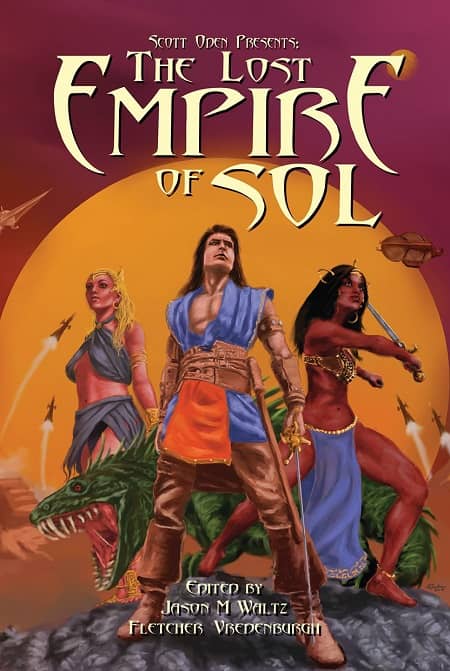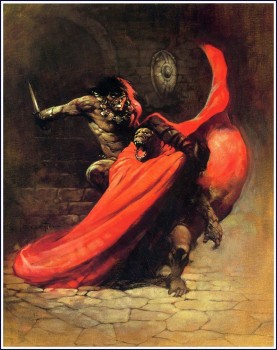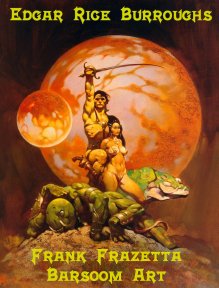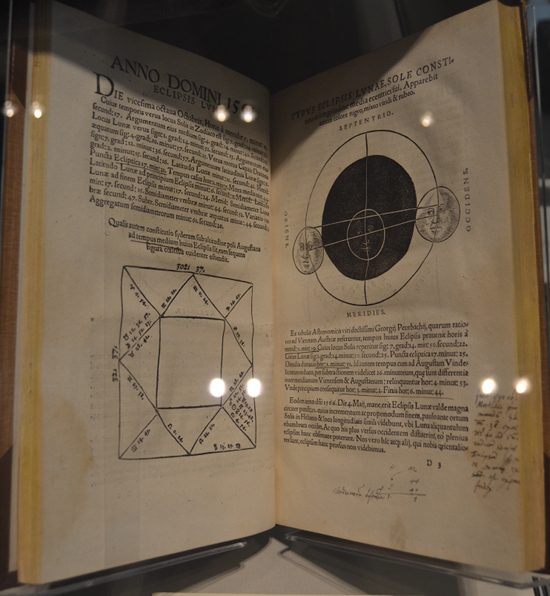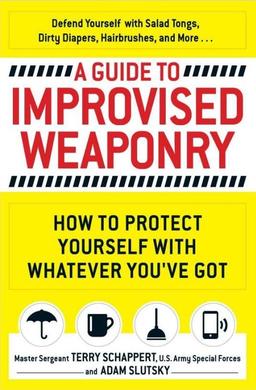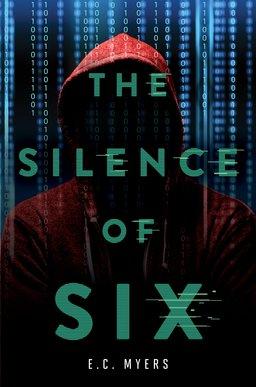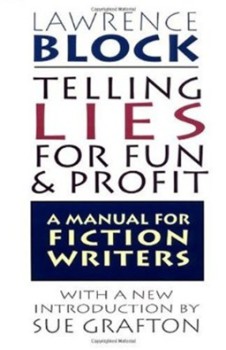Rogue Blades Foundation Announces Upcoming Second Book: The Lost Empire of Sol
Not sitting on its laurels, the recently-formed non-profit publisher Rogue Blades Foundation (RBF) last week announced the upcoming release of its second book, Scott Oden Presents The Lost Empire of Sol: An Anthology of Sword & Planet Tales.
Edited by Jason M Waltz and Fletcher Vredenburgh, this collection brings together ten stories of adventure and excitement from across a gloomy and ancient solar system far older than the one known to us. From the back cover of the book, “The legends speak of a united Empire that spanned the entire system.” Then, “All that is certain is that when the Daemons came, they brought a level of destruction not experienced in countless millennia.” And, “In the end, the Empire was fractured in the wake of the Daemons’ passing. Some worlds maintained tenuous contact; others were blasted into a state that left them bereft of their own history …”
